
“I think the training went great. You provided a lot of good information that we need.”
Fully accredited. Globally recognized. Built for the next generation of Addiction & Mental Health Professionals.

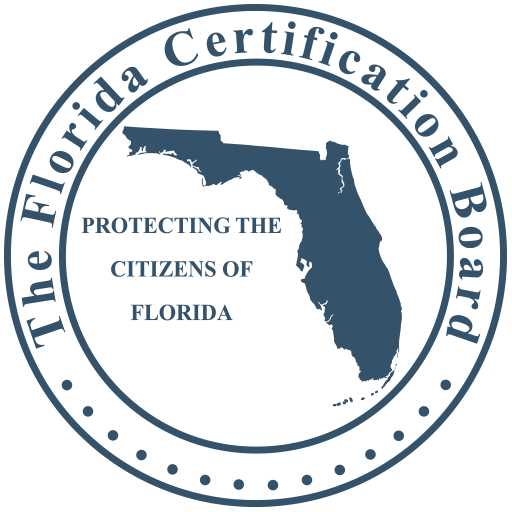


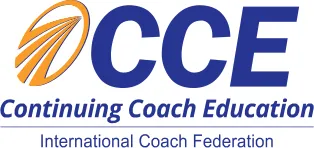




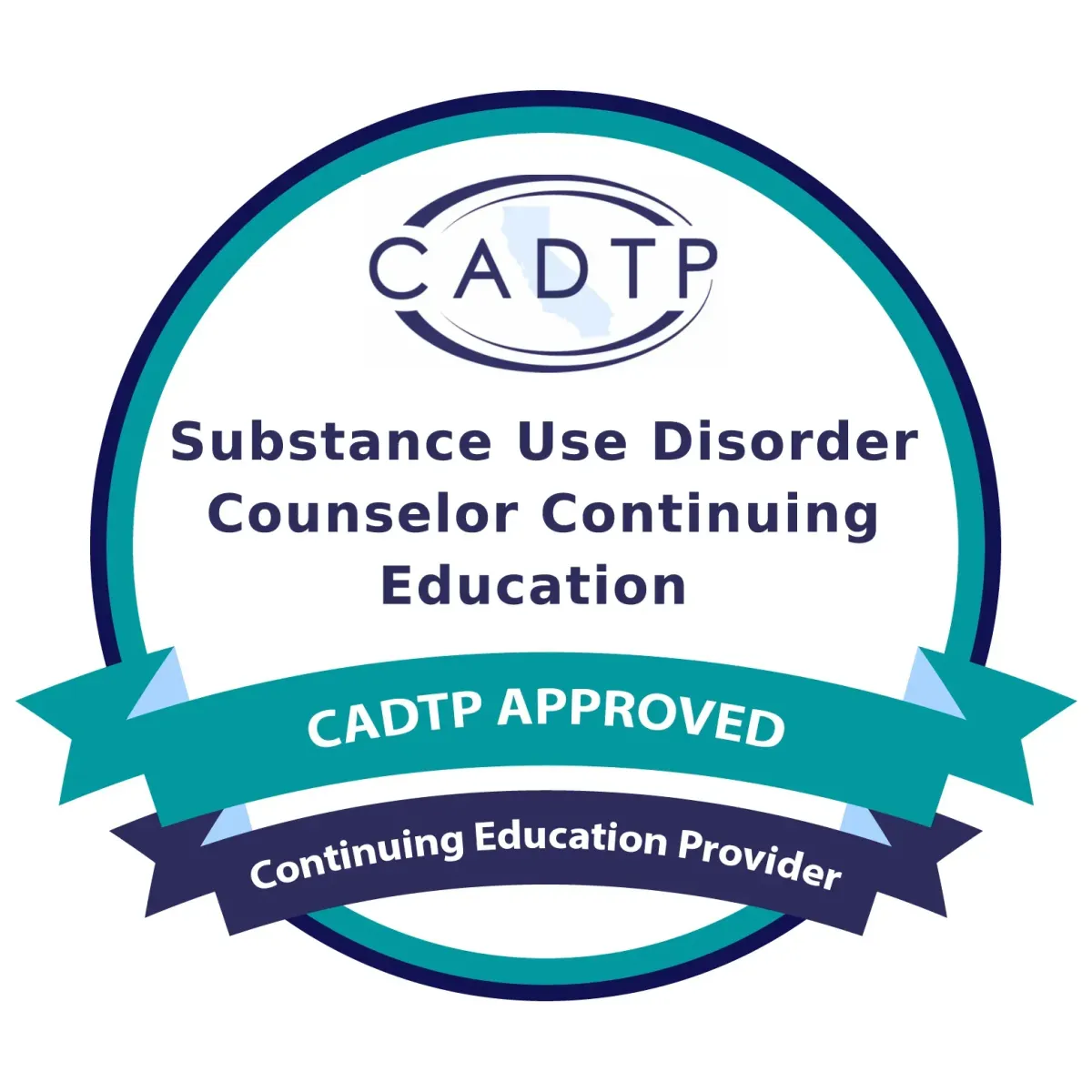

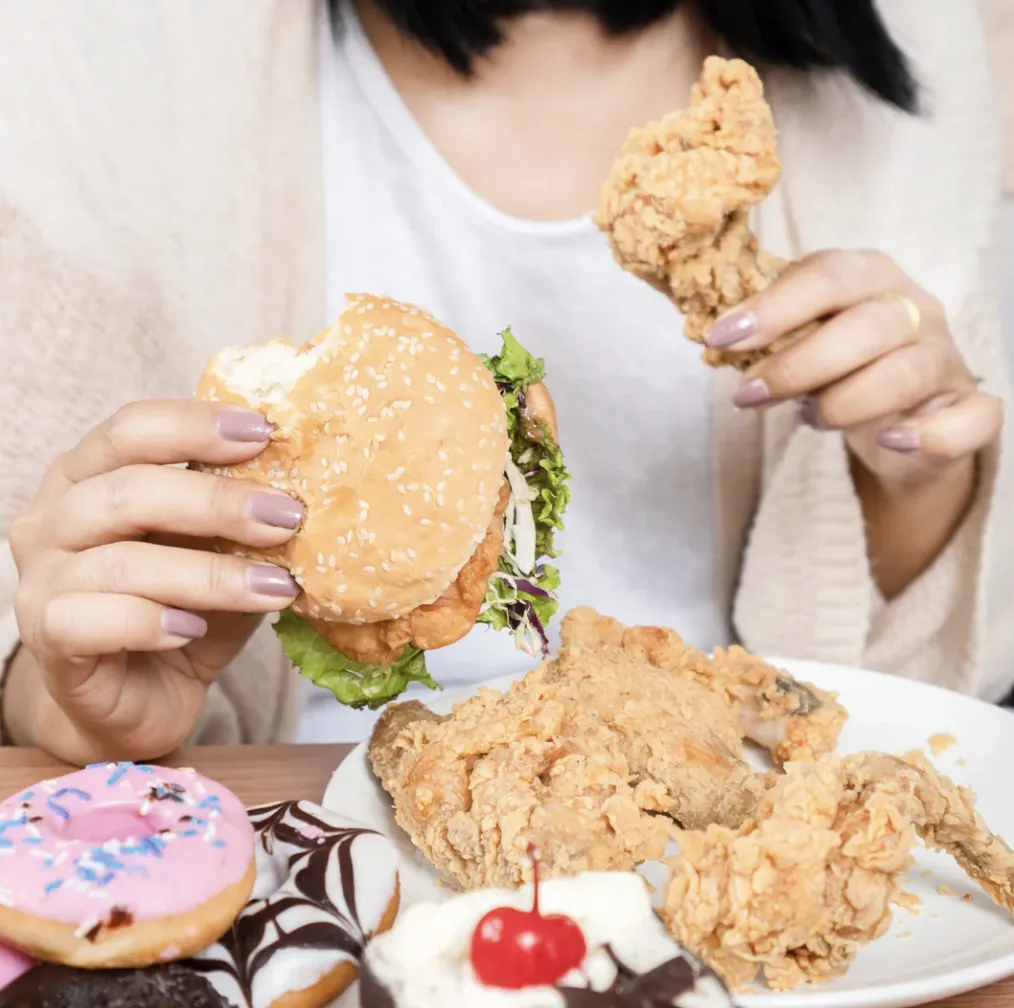
The Food Addictions Coach Program is a nationally certified training designed to prepare you to work with one of the fastest-growing challenges in health and recovery today: compulsive eating, sugar dependence, and emotional food behaviors. Created by Dr. Cali Estes and The Addictions Academy, this program goes beyond traditional diet and nutrition advice to focus on the addiction side of food—where cravings, rituals, and biochemical imbalances create patterns that feel just as powerful as substance use.
Through this training, you’ll gain a deep understanding of how food impacts the brain’s reward system, why sugar withdrawal mirrors drug detox, and how emotional eating is tied to stress, trauma, and identity. You’ll learn how to spot the symptoms and hidden patterns of food addiction—like secretive eating, binge–guilt cycles, and ritualized behaviors—and how to use practical coaching tools to interrupt those patterns. Techniques like food mood journaling, craving interrupters, and habit rewiring strategies give you immediate ways to help clients take back control.
At its core, this program equips you to help people who are struggling silently with food addiction—clients who may not qualify for eating disorder treatment, yet clearly need professional support. With the right training, you’ll be able to change lives, create impact in your community, and build a career doing meaningful work in the recovery and wellness space.
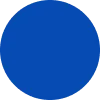
Decode the link between sugar and the brain
Spot emotional triggers before they spiral
Teach simple, actionable craving interrupters

Recognize secretive eating and ritual behaviors
Identify DSM-5 style addiction markers in food use
Use food mood journaling to uncover cycles

Understand food as comfort, ritual, and identity
Coach clients through family and peer pressure
Reframe meals to reduce feelings of deprivation

Learn how supplements support neurotransmitters
Use lab tools to identify deficiencies and triggers
Replace crash diets with sustainable recovery plans

Structure sessions with clear expectations
Ask powerful, open-ended questions that spark change
Guide clients with accountability, not dependency

Package and price your coaching for premium rates
Build a private practice or group program
Create income streams as a trainer or affiliate
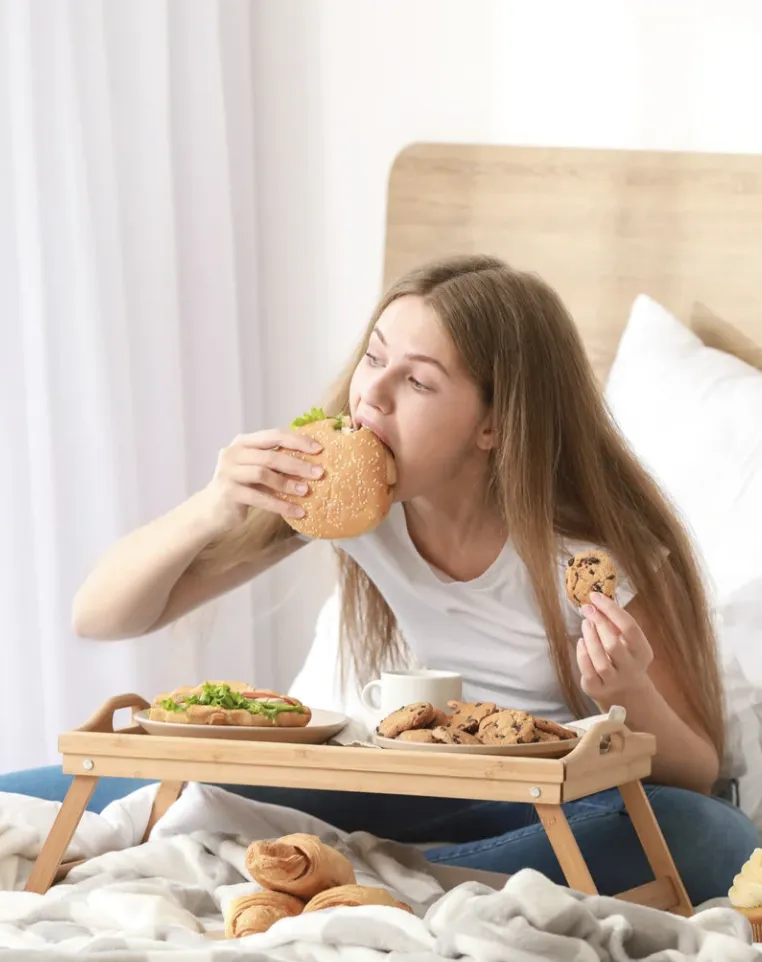
Confidently coach clients who struggle with compulsive eating and sugar dependence
Translate complex science about food and brain chemistry into simple client language
Lead clients through cravings and emotional triggers without relying on restrictive diets
Create practical, sustainable recovery plans that fit real-world lifestyles
Hold firm boundaries while offering compassionate, motivational coaching support
Recognize when a client needs referral to a licensed professional for deeper care
Grow a coaching practice with proven pricing, packaging, and marketing strategies
Integrate functional nutrition and supplement strategies into coaching conversations

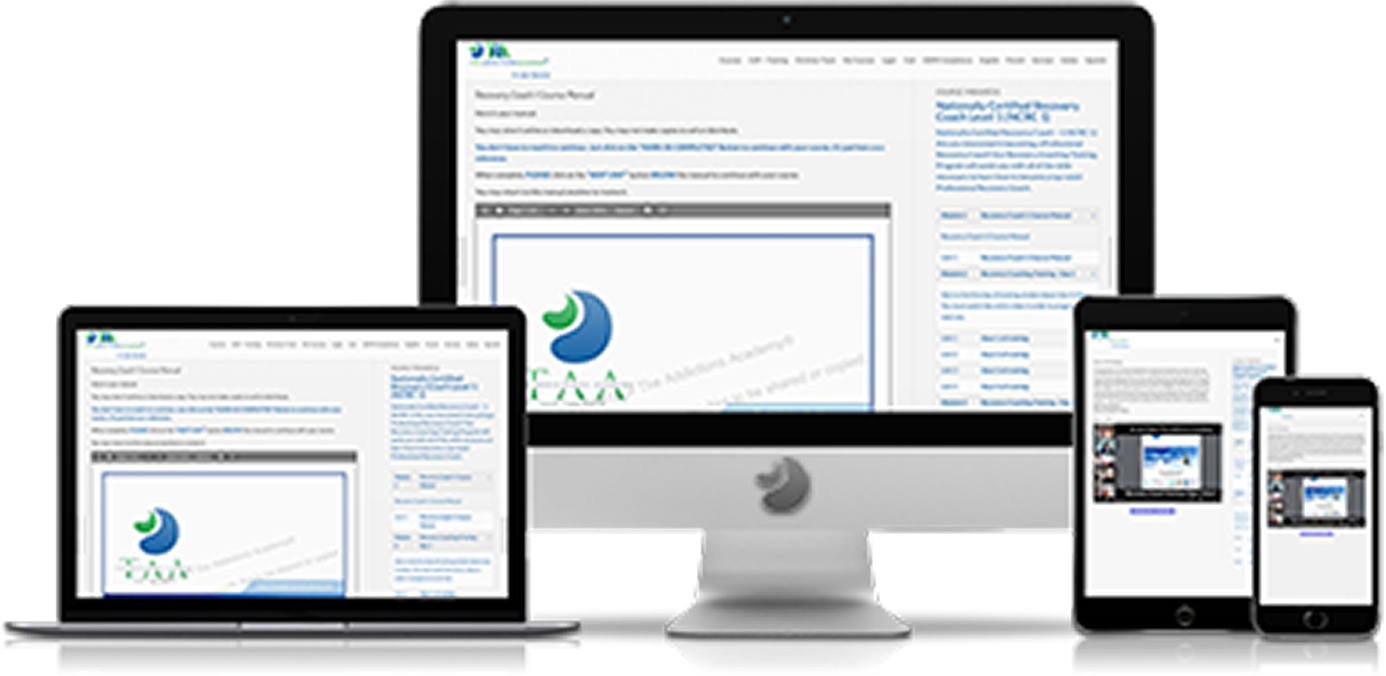


20 CEU/CME/CE/Hrs
Each course is designed to meet the global standards, with clear objectives, real-world application, and evidence-based frameworks.

How cravings form in the brain, why “food-like products” hijack behavior, and simple interruption tools (like movement anchors) that break the binge loop. You’ll leave with a sugar/gluten challenge, label-reading skills, and coaching cues that build empathy fast.

Maps the eight hallmark patterns of food addiction—craving despite fullness, secret eating, rule-breaking, “substitute” logic—and ties them to neurochemistry and DSM-style criteria. You’ll learn how ritual fuels compulsion, how withdrawal mimics opiates, and how to use a food-mood journal to expose triggers and relapse planning in the open.

A hands-on label lab. We deconstruct “healthy” branding, portion distortion, artificial sweeteners, and nostalgia marketing (cereals, boxed meals, baked goods). Students practice palate expansion, breakfast protein strategies, and sugar-stabilizing pairings—while connecting comfort foods to memory, stress, and identity.

An interactive deep dive into the “can’t give it up” list. Students surface emotional anchors behind pizza, fries, chocolate, and more; explore aversions to nutrient-dense foods; and learn timing rules (like the 3 p.m. dessert window). A three-person interview assignment uncovers social patterns that reinforce compulsive eating.

How rituals, family dynamics, and “defiance eating” stall progress—and how to replace them without deprivation. You’ll see functional nutrition in action through a real MS case study, build fast-food fallback plans, and learn to handle cost/value objections around testing and supplementation.

From neurotransmitter testing to thyroid/adrenal panels, students learn when labs clarify the plan and how to translate results into simple support protocols. We cover Pro Recovery RX packets, realistic timelines (why 30+ days matter), grocery-store psychology, and the brain impact of addictive foods—even “one meal off.”

Scope, boundaries, and structure. You’ll deploy food-mood journals, 1–10 relapse scales, open-ended questioning, and weekly action plans. Practical tools include snack frameworks, travel/airport hacks, portion systems, environmental stress reduction, and a “5-minute vent, 55-minute solutions” coaching format.

Prepare clients for withdrawal, design sustainable home environments, and coach mindset without slipping into diet culture. Then shift to the business side: pricing, packaging, referrals, ethical lines, and positioning coaching vs. counseling. You’ll leave with group program structures, payment best practices, and confidence to charge premium rates.

A comprehensive, 60+ page reference guide exploring the complexities of food addiction, comparing it to drug and alcohol addiction due to similar effects on brain chemistry, particularly dopamine and serotonin. It details different types of food addiction, including Binge Eating Disorder, Bulimia Nervosa, and Anorexia Nervosa, outlining their signs, symptoms, and psychological underpinnings. The manual emphasizes the role of processed foods, sugar, and fat in triggering addictive behaviors and discusses the physiological and emotional aspects of withdrawal. It also provides guidance on coaching individuals with food addictions, covering ethical considerations, building client relationships, effective communication, and strategies for facilitating recovery through lifestyle changes, nutritional adjustments, and coping mechanisms.
This manual is your go-to resource for both exam prep and real-world coaching. Unlike other programming, we don't charge extra for learning materials

6 CEU/CME/CE/Hrs
Gain a deep understanding of ethical responsibilities, including confidentiality, professional standards, report writing, case management, and legal compliance across state lines. Through practical scenarios, action planning, and guidance on boundaries, trust-building, and communication, participants learn to navigate complex ethical situations confidently.

Like any respected accredited program, your training concludes with a comprehensive final examination designed to validate your mastery of the material. Passing this exam isn’t just a formality — it’s the moment you prove, both to yourself and to the field, that you are prepared to practice at the highest standard. Unlike most institutions, we don’t tack on hidden fees. Your exam, grading, and official certification are fully included in your tuition.

Upon passing your exam, you'll get exclusive marketing seals and the right to use the NCFAC designation, showcasing your expertise and credibility as a Certified Food Addictions Coach. Enhance your professional profile, attract clients, and stand out in the coaching field.

Join 10 weeks of live group mentorship with a master coach to get personalized guidance, real-time feedback, and proven strategies for coaching. Collaborate with peers, ask questions, and apply new skills in a supportive, hands-on environment designed to accelerate your growth and confidence.

Enjoy 6 months of on-demand access to the full training, allowing you to learn at your own pace. Revisit lessons anytime, review key strategies, and reinforce your coaching skills whenever it fits your schedule.

Ready-to-use exercises and proven tools that make working with clients—or supporting loved ones in recovery—simpler, more structured, and more effective. It takes the guesswork out of what to do next and helps create real change instead of spinning in circles.

Be found by clients actively searching for addiction and mental health professionals.

Tap into a global network of certified professionals, mentors, and peers.

Keep leveling up your credentials and skills—while paying a fraction of the cost.

Nationally Certified Food Addictions Coach
26 Combined CEUs
WEEKLY LIVE CALLS
Expert Led
10 Weeks Of Mentorship
Move At Your Own Speed
Self Paced
With 6mo To Complete
BACK TO SCHOOL SPECIAL
$999
Regular Pricing $1997
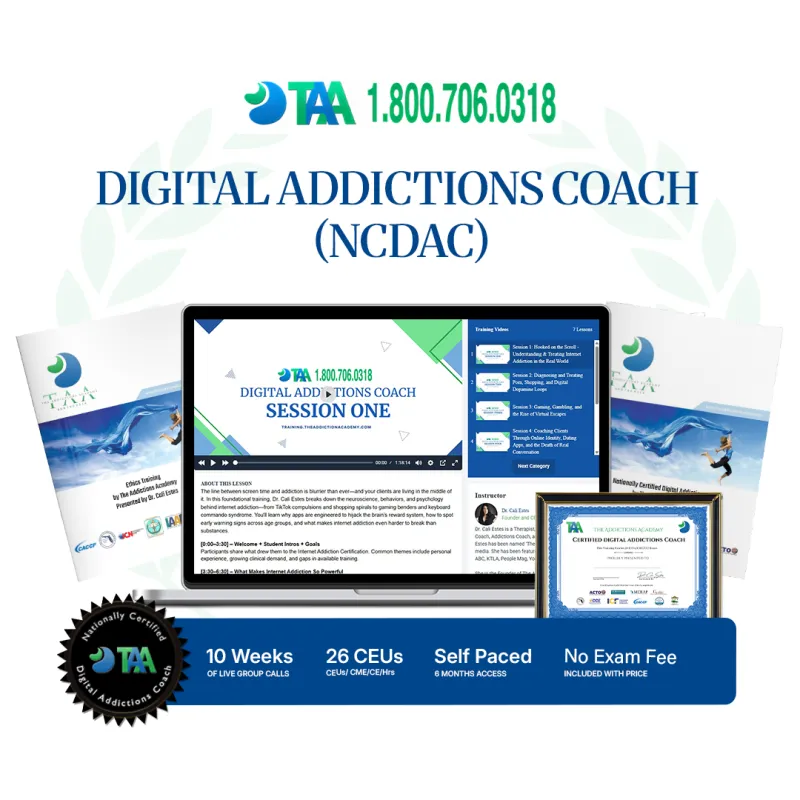

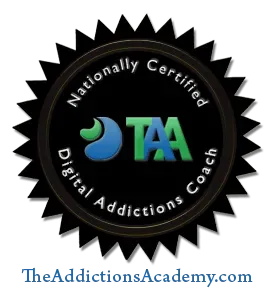
Digital Addictions Coach Certification Program
$999.00
Quantity
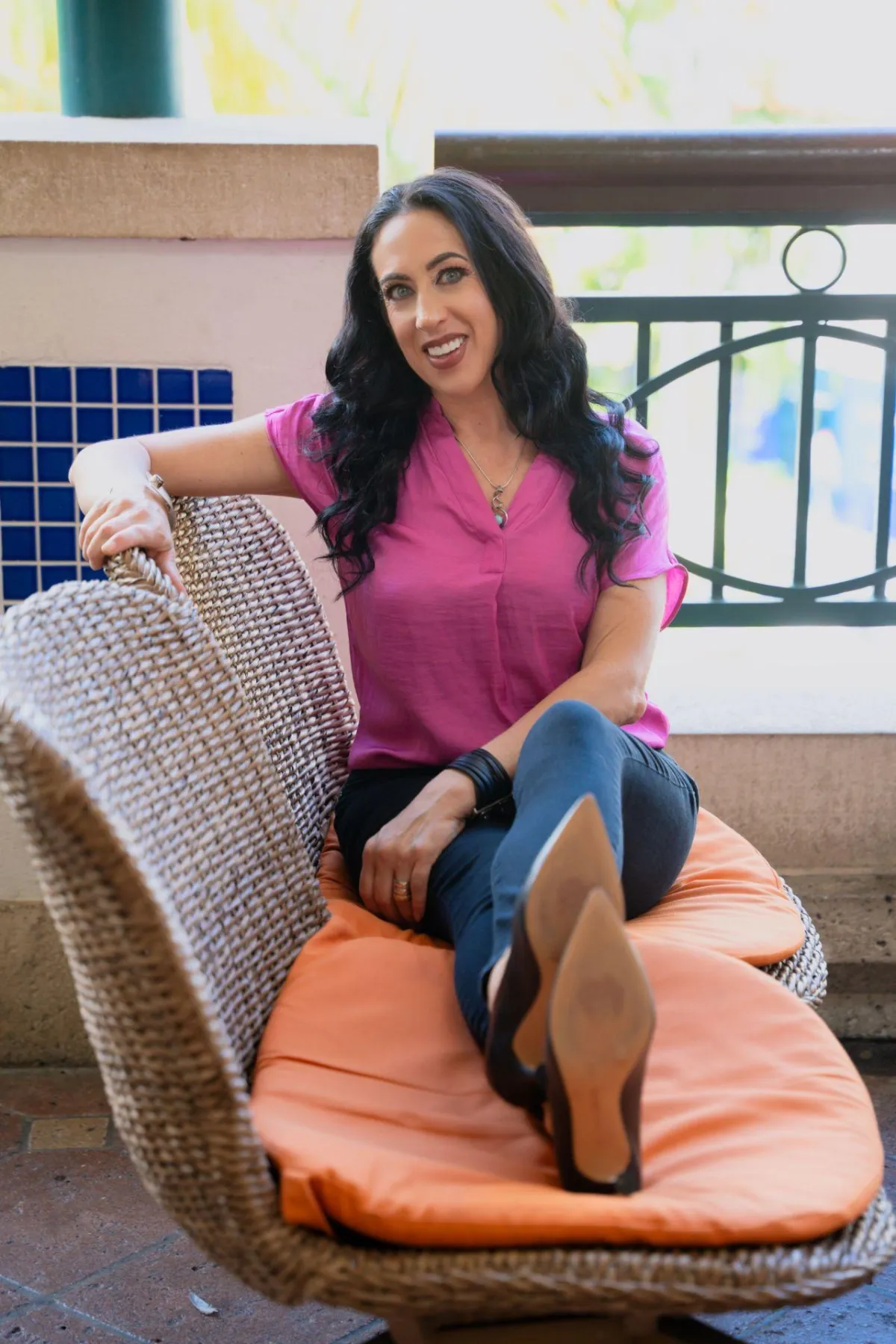
Dr. Cali Estes is a world leader in addiction recovery, mental health, and performance coaching—known globally as “The Female Dr. Drew” and “The Battery Recharger.” With over 25 years of experience, she’s helped CEOs, celebrities, athletes, and high-achievers break free from burnout, addiction, and trauma using her no-nonsense, science-backed, results-driven approach.
As founder of The Addictions Academy and Sober On Demand®, Dr. Cali has trained more than 60,000 professionals across 40 countries and created concierge recovery programs trusted by leaders who need change fast. A 6x #1 best-selling author, international speaker, and host of the UnPause Your Life podcast, her work has been featured by CNN, Forbes, People, and FOX.
When you learn from Dr. Cali, you’re learning from someone who has walked through the fire, mastered the tools, and built programs that actually work. She won’t just give you knowledge—she’ll show you how to create transformation that lasts.

A Food Addictions Coach is a certified professional who helps people break free from compulsive eating, sugar dependence, and emotional food behaviors by focusing on both the addiction and the behavioral sides of eating. Unlike a nutritionist who prescribes meal plans, or a therapist who works primarily on past trauma, a food addictions coach meets clients where they are and gives them practical tools to change their relationship with food in real time.
They are trained to recognize the symptoms and rituals of food addiction, guide clients through sugar detox and withdrawal, and use strategies like food mood journaling, craving interrupters, and habit rewiring to help clients gain control. A coach also understands the role of brain chemistry and emotions in cravings, so they can teach healthier substitutions, mindfulness practices, and recovery routines that last.
Definitely. Many therapists, counselors, coaches and case managers take this training to add practical coaching tools to their work. You’ll also earn 26 CEUs and leave with real-world methods that go beyond traditional therapy.
A coach focuses on present and future action, while a therapist often works on healing the past. A therapist may explore deep trauma, diagnose mental health conditions, or provide clinical treatment, but many clients who struggle with food addiction don’t meet the criteria for therapy—or they want hands-on tools to change their daily habits now. That’s where a coach comes in.
A food addictions coach helps clients build new routines, track cravings, stay accountable, and create sustainable recovery plans. The work is forward-moving, practical, and results-driven. Coaches don’t replace therapists; instead, they complement them by filling the gap between treatment and real-world follow-through. Clients often choose a coach because they want immediate strategies, accountability, and support to break the cycle of food cravings and compulsive eating—without the stigma or long timelines that therapy can carry.
Nope. This certification is designed for coaches, mentors, educators, parents, and people with lived experience—no clinical degree or license needed. As long as you’re committed to helping others grow, and move forward, this program will give you the tools and credential to do it.
As a certified Food Addictions Coach, your earning potential depends on how you structure your practice and client base. Many coaches begin charging $75–$150 per hour for one-on-one sessions, with more experienced or specialized coaches charging $200–$250+ per hour in high-demand markets. Group coaching programs can bring in even more—running a 10-week group at $499–$699 per person with 10 clients can generate $5,000–$7,000 per program cycle.
Some coaches choose to package their services into monthly programs (e.g., $500–$1,500/month for ongoing coaching and accountability), while others add income streams by teaching workshops, running online courses, or partnering with treatment centers and wellness programs.
Most students complete the training and earn their certification in 8 to 10 weeks. You’ll have access to on-demand video modules, plus 10 weeks of live mentorship, so you can move at your own pace with expert guidance along the way.
help client break destructive food cycles with you as their coach
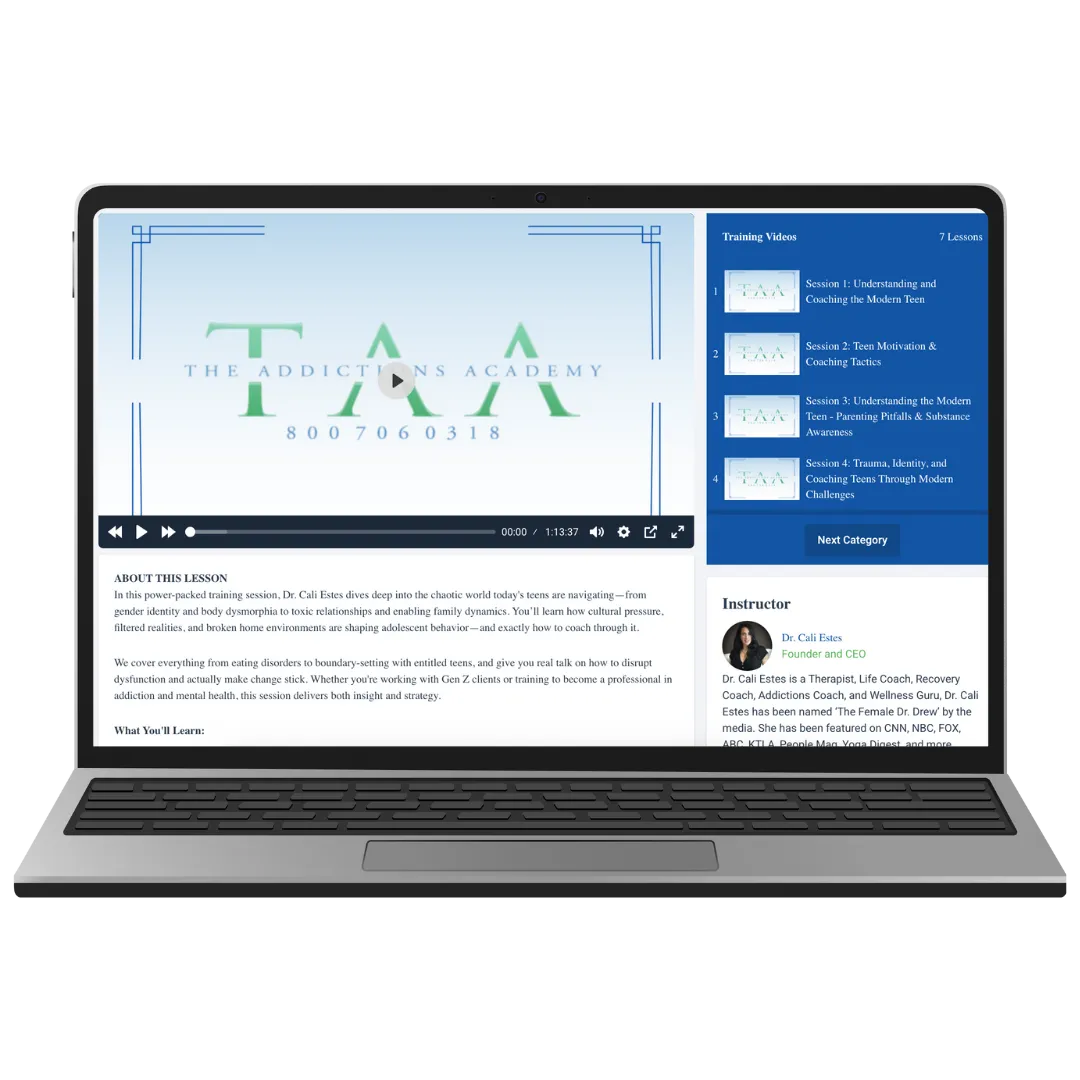
help client break destructive food cycles with you as their coach
No application or pre-requisites needed for our certifications. Start your journey with us today!
No application or pre-requisites needed for our certifications. Start your journey with us today!
$999
Next Live Group Coaching Call Starts Tuesday, September 30th. Self Study Materials Available Immediately Upon Registration
This Program Earns You A Nationally Recognized and Accredited Certification In Food Addictions
10 Weeks
OF LIVE GROUP CALLS
26 CEUs
CEUs/CME/CE/Hrs
Self Paced
6 MONTHS ACCESS
No Exam Fee
INCLUDED WITH PRICE

The World’s Premier Training Institute for Mental Health & Addiction Professional Development.
2046 Treasure Coast Pkwy Unit A, #207 Vero Beach FL 32960